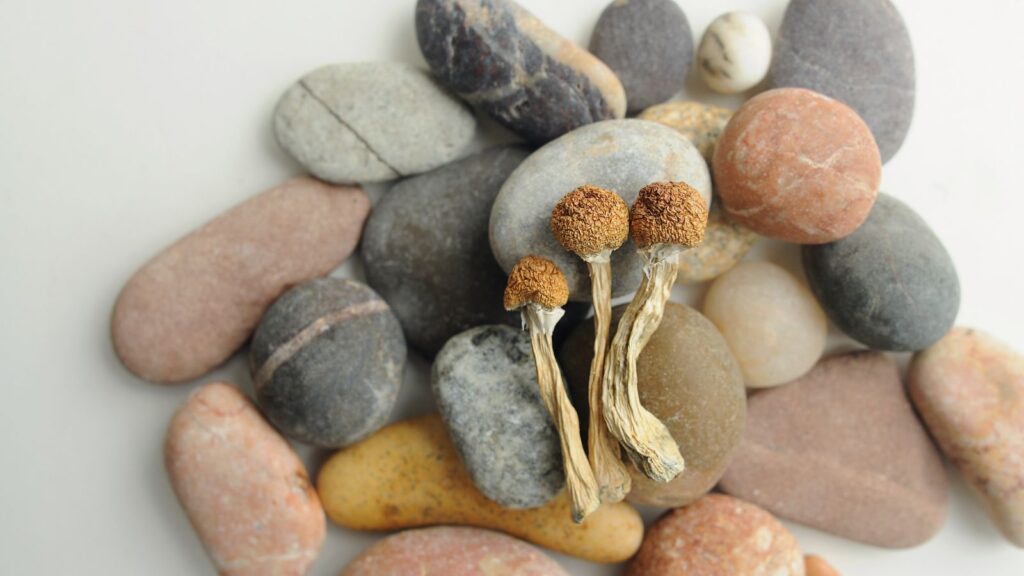As I sift through the rubble and shattered lives through the images and videos and news on the internet, my heart feels extremely heavy, and sad. I sit here, in New York City, in the capital of the American financial industry, in one of the crucial centers of wealth and global imperialism, looking through the internet at the wreckage of the earthquake, in one of the many historically impoverished nations in this world. And I wonder, why are the places that are the most in need, the places where the people have so much to lose because they had so little to begin with, the places where the poverty is so high, why are these places continually targeted by natural disasters? The last several major disasters that come to my mind were all regions where many numbers of impoverished people lived…. Haiti, New Orleans and Hurricane Katrina, the SE Asian Tsunami, the Hurricane in Guatemala………… (letting out a deep, sad sigh….)
Why, why why?
One of the thoughts that my mind immediately thinks of is that Haiti (and the Dominican Republic) sits on the island of Hispaniola, the Island that historically was the very first piece of land in all of the "New World" to be "discovered" by the European conquest. The Island that was to become Haiti and the Dominican Republic was originally a fully Native American inhabited island, to a people that were known as the Arawak. A people that were decimated, through out and out genocide and smallpox and other diseases. Not a single Arawak has survived that decimation. They were the first land hit by the Europeans and they scream to me as a symbol of everything that changed the minute that the European conquistadors arrived to the "New World."
And then, the Caribbean became the region for the sorting and distribution of slaves into the New World, for the transport of stolen wealth from Mexico and South America back to Europe, as well as a region that became known for its sugarcane plantations and rum. I remember in my college history classes learning that in the 1700s and 1800s, African slaves were brought to Caribbean Islands and worked so hard in the sugarcane plantations, that in the first two years after their arrival, most of slaves died. But the Europeans didn't care, because there was an endless supply of black skinned slaves to import, so they imported more and worked them until they died. Eventually, courageous slaves, such as the ancestors in Haiti, fought a war against their slave-masters and won their freedom, but lost their potential for wealth in the world of money and business, the Euro-centric ways of life.
It is an outrage that the descendants of people who were brought to the New World as slaves to replace a population of genocidally decimated Native Americans that were not fit to be slaves, on an island that has historically been a place of wealth but became a place of poverty should now be devastated by an earth-borne disaster. In all our folly as a human species, it feels like the ultimate injustice. The financial ruin of our economic recession pales in comparison to the loss of life of tens of thousands or potentially hundreds of thousands of people, especially people who are symbols of the catastrophe of a history of European conquest and greed gone mad. We as a human race need to right these historical wrongs, and need to open our hearts, not only to the heart-breaking devastation of this moment, but to the heart-breaking devastation of history beneath our collective feet.
We are all walking on earth that once bore the bones and bodies of people who have been similarly devastated by the unnatural disasters of arrogance, greed, and total disrespect for other humans and their cultures.
As I look at the pictures of the situation in Haiti, I am visually reminded of Mexico, Guatemala, Puerto Rico, and Costa Rica. There is a common architectural aesthetic design throughout Latin America and the Caribbean. The buildings in the pictures could have been anywhere in Latin America, and they could have been devastating the lives of Mexicans or Puerto Ricans, but instead, Haitians. And despite the differences of the colors of our skin, or our historical lineages, or our place in the strata of economic wealth, we are all, ultimately, human beings — totally fragile, with the ability to be born and to die, and to be in the wrong place at the wrong time, and to be vulnerable to the fragile balance of life that surrounds us all in every moment. No matter where we are, we are always tenuous threads in the fabric of existence, making the connections to the hearts of every other human being…. Whether separated by great distances, or by one arm's length away.
I personally feel that one important step we as a human species on this planet must make, is to deeply apologize to the ancestors and spirits of all the desecrated, devastated, enslaved and genocided beings on this planet (and that includes trees and animals as well) — and give offerings and prayers, and ask for forgiveness — in the hope that some of the spirit imbalances can be restored to equanimity, for I feel tremendous anger and sadness in the ethers… We also need to redistribute the imbalance of wealth, and the imbalance of priorities as people in the powerful nations. But really, I cannot but help think that there is a spiritual level to this that wants to be reckoned with, and until it is, disasters will continue to flourish. I see and feel hearts pouring out to contribute help, even in the smallest of ways… But on the levels of consciousness in this culture, I feel that deeper levels need to be addressed. And I hope that the heart-pouring and out-pouring of assistance in times of great disaster, such as this, will crack open the hearts of even more, so that we recognize our common humanity, our common vulnerability and our common need for cooperation to move forward and evolve as a human race into the future.
Nobody is better than another person. Compassion is the only medicine.
Please find a humanitarian relief organization and donate money to help the people in Haiti!











